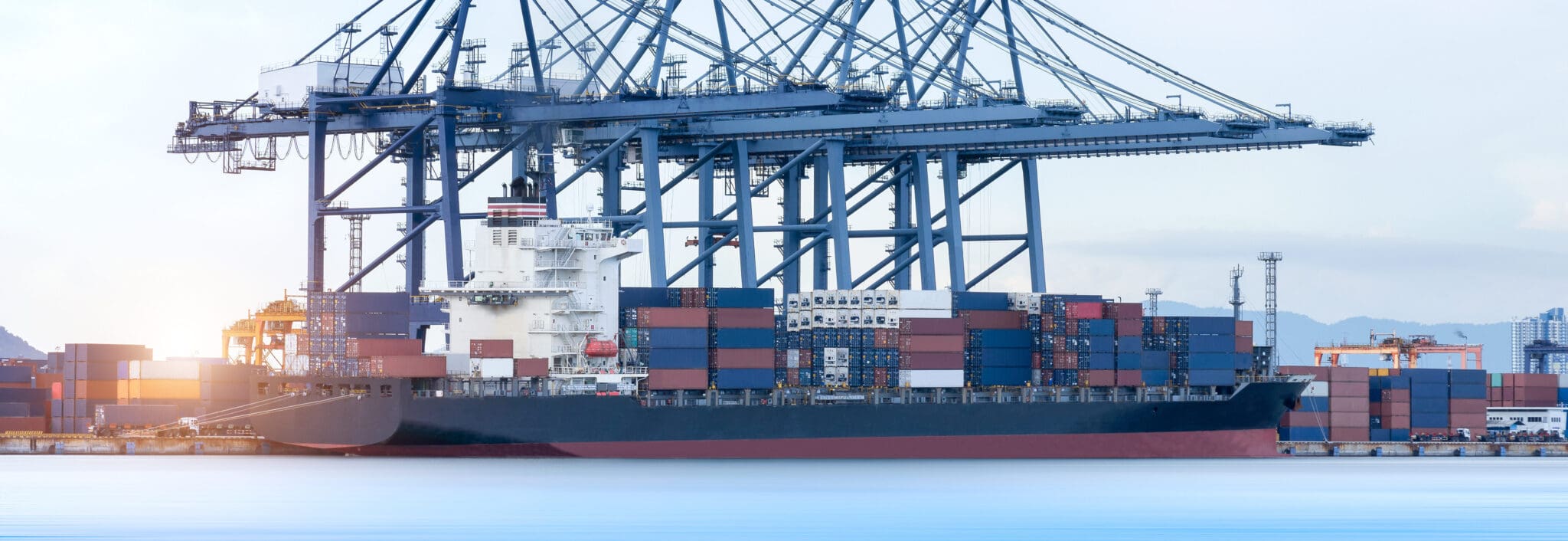VAT Compliance, Advice and Support
VAT Specialists

Trusted VAT advice from our award-winning team
Managing every aspect of your VAT obligations can be a complex task, particularly for business owners and directors that don’t have a lot of time to spare.
As winners of the 2025 Best Indirect Tax/VAT team at Tolley’s Taxation Awards, our VAT experts are here to ensure your company always stays compliant and up to date with evolving regulations.

VAT SERVICES
How can we help?
VAT Registrations
If you need to register a new business for VAT or deregister an old one, we can help you.

VAT Returns
From ensuring all transactions are accurately recorded and VAT calculations are correct to submitting VAT returns on time and advising on VAT planning and compliance. Our team will support you throughout the whole process.

VAT Groups
We can advise on the most efficient way to set up any VAT group and can help you determine which companies can be grouped together for VAT purposes. We will ensure that all group members comply with VAT regulations and will manage the VAT registration and returns process.

VAT on Property
Property can be a complex area of VAT and we can offer advice on all aspects. This includes guidance on transactions, identifying recoverable VAT and VAT liability, Options to Tax, and advising on when the reverse charge applies.

VAT Investigations
Our team is comprised of ex-HMRC inspectors. Therefore, we are well placed to represent you and guide you through a VAT investigation. We will provide expert guidance on the complexities of VAT regulations, conduct thorough reviews of financial records and transactions to ensure compliance, and communicate with HMRC to resolve any issues or disputes that may arise.

VAT and the EU
We can assist and advise on how to navigate the EU VAT rules when selling goods or services to or from other EU countries.

Specialist Schemes
We can advise on various specialist schemes, from the Tour Operator’s Margin Scheme to the Flat Rate Scheme.








Speak to an adviser
When it comes to managing your VAT obligations, avoiding costly mistakes and achieving tax efficiencies, it always pays to discuss your situation with an experienced adviser that you can trust.
Depending on the nature of your business, our team will advise on your best course of action with regard to VAT and other indirect taxes. We also regularly conduct VAT ‘health checks’ for companies throughout the year.
You can arrange a free consultation with our VAT consultants to discuss your situation over the phone or at our London Office, which is a five minute walk from the Bank and Monument Underground Stations. Simply fill in the enquiry form or call to get started.
Call us
+44 (0)20 7299 1400Get in touch
Submit
WHY CHOOSE US
Why Gerald Edelman?
The VAT team at Gerald Edelman has over 30 years of experience working in the private sector. We are also ex-HMRC VAT inspectors.
The team has a proven track record in advising on all areas of VAT for businesses across a complete spectrum of industries.
This experience sets us apart from other firms and gives our clients extra reassurance that their tax obligations are covered from every possible angle.
We offer complete transparency over fees up front and are always happy to provide a quote for the specific services you require. As well as providing year-round coverage for businesses through a range of tailored services, we also support clients on one-off transactions such as selling a house or purchasing a business.
COMMON QUESTIONS
Frequently Asked Questions
What can you do for my business?
A specialist VAT accountant will minimise your tax liabilities, identify potential risk areas, manage your relationship with HMRC, and ensure full compliance with indirect tax law at all times. Even minor mistakes in your VAT returns may be judged as fraud in the eyes of HMRC, so it’s essential to engage the services of an experienced professional that you can rely on.
Who will handle my enquiry?
Every business is different so we will match the complexity of your requirements to the right person in our VAT department. We are a close-knit team, all of whom have substantial experience in managing VAT, along with particular accounting specialities and industry expertise.
Can we arrange a remote consultation or do we have to meet in person?
We are more than happy to arrange an initial consultation remotely – by phone, video call, email, or whichever method you prefer. Of course, if you would prefer to meet face-to-face, you are welcome to attend our offices in the City of London.
How are your prices structured?
We offer complete transparency over our approach to pricing and normally charge per hour based on each consultant’s charge-out rate. However, we can also offer fixed fees when required and often quote for standalone projects too.
INSIGHTS
Read the latest VAT advice, news, and updates from our team.























